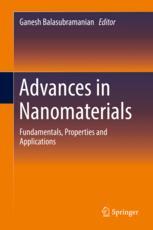

Most ebook files are in PDF format, so you can easily read them using various software such as Foxit Reader or directly on the Google Chrome browser.
Some ebook files are released by publishers in other formats such as .awz, .mobi, .epub, .fb2, etc. You may need to install specific software to read these formats on mobile/PC, such as Calibre.
Please read the tutorial at this link: https://ebookbell.com/faq
We offer FREE conversion to the popular formats you request; however, this may take some time. Therefore, right after payment, please email us, and we will try to provide the service as quickly as possible.
For some exceptional file formats or broken links (if any), please refrain from opening any disputes. Instead, email us first, and we will try to assist within a maximum of 6 hours.
EbookBell Team

4.1
90 reviewsThis exploratory textbook starts with fundamentals that satisfy the needs of a diverse group of educators, researchers and students aspiring to engage in research and engineering of nanomaterials. It bridges the gap between undergraduate students in science and engineering who have not yet chosen a specific career path, graduate students still considering different disciplines and the cross-cutting scientific topics in nanomaterials. It extends to methods of common practice in the field, spanning experimental, and theoretical techniques. The extensive use of nanomaterials, such as carbon nanotubes, in the future of global technological solutions underscores the relevance of this text aimed at students and researchers with a range of interests. “Advances in Nanomaterials: Fundamentals, Properties and Applications,” is ideal for senior undergraduate and graduate students, faculty and general science enthusiasts interested in nanomaterials across contexts ranging from solar energy, structural engineering, to medical devices, to semiconductors.